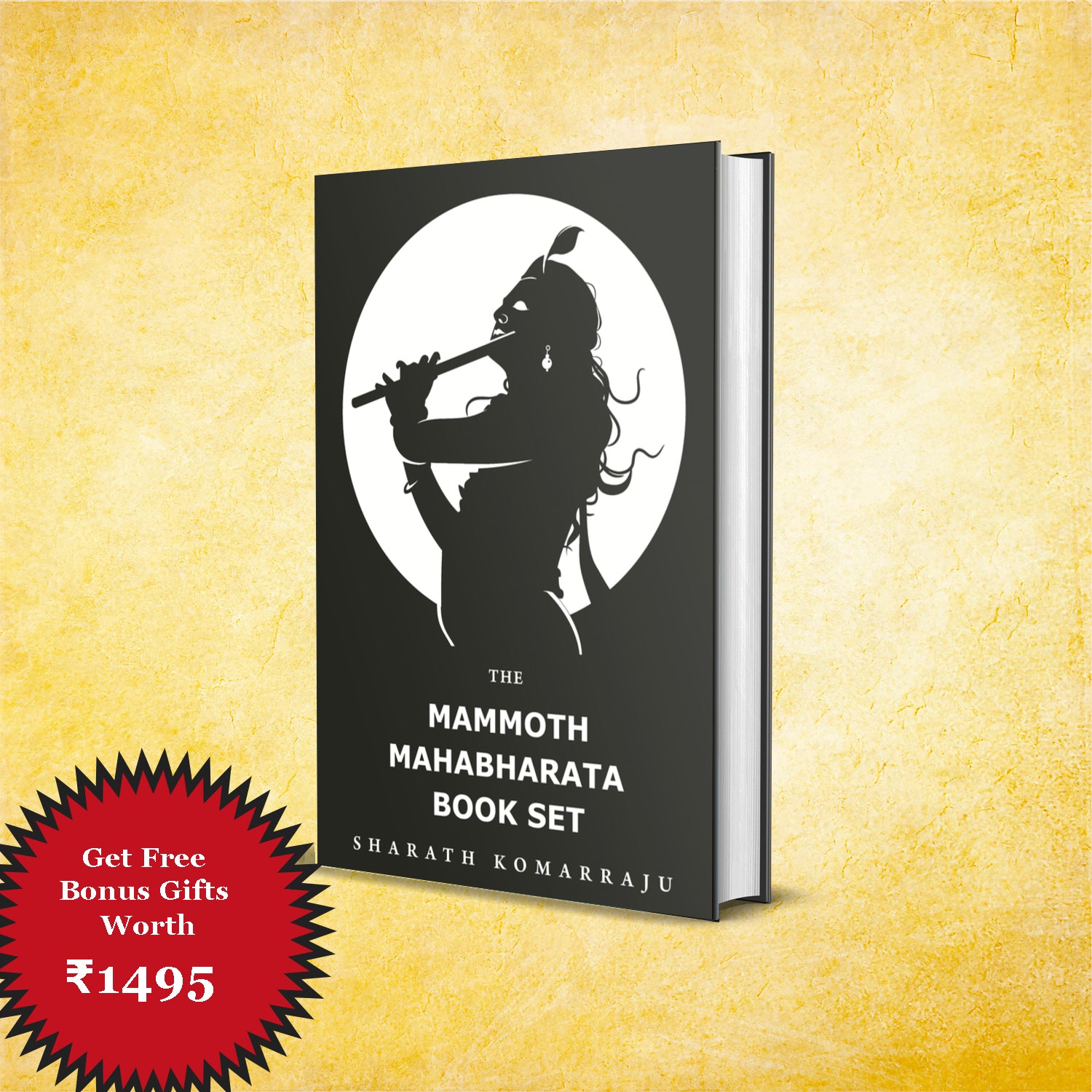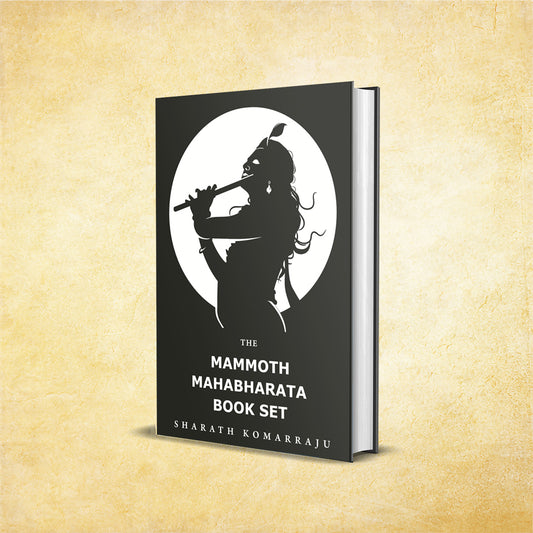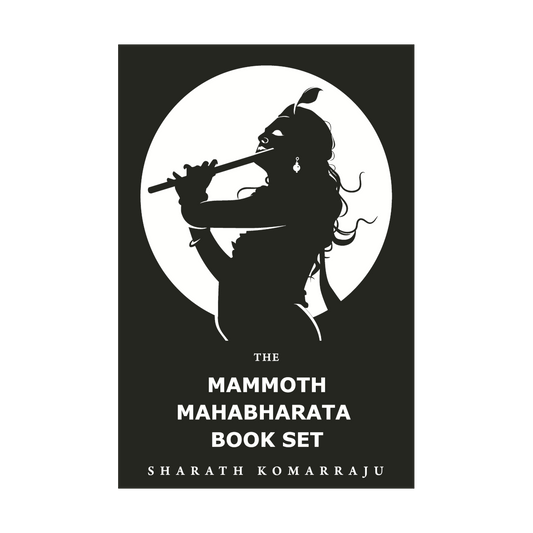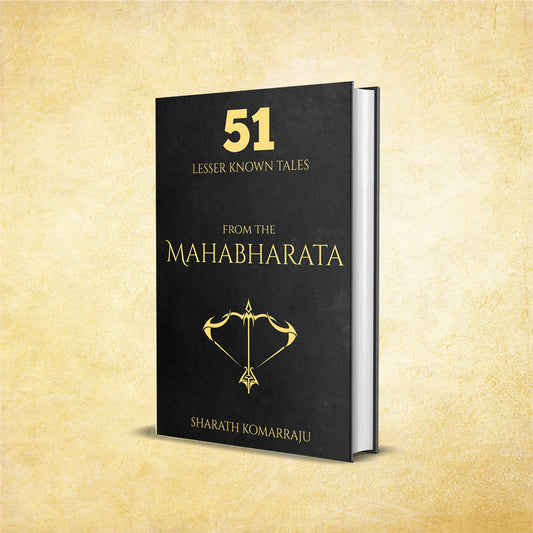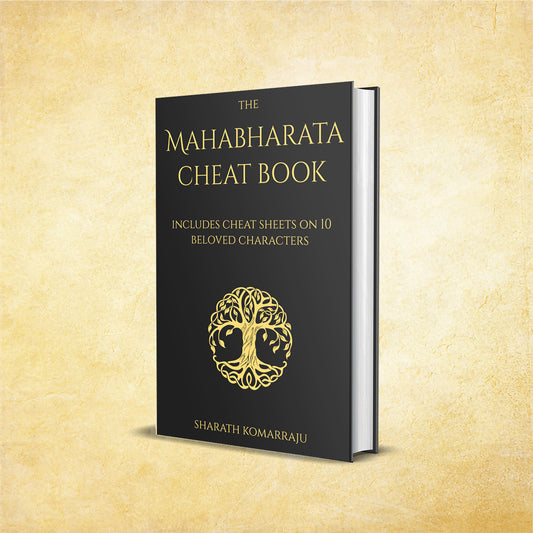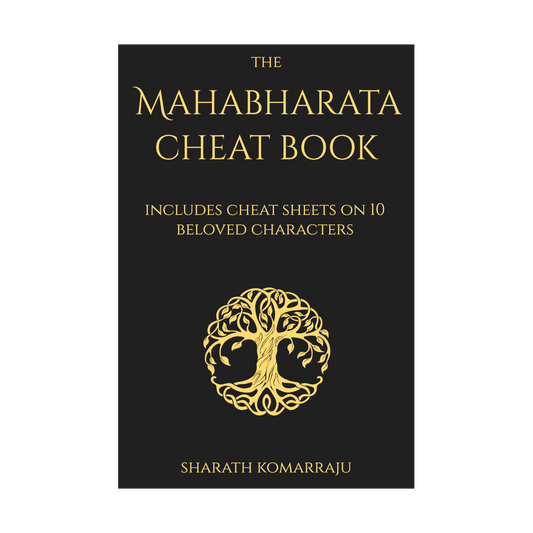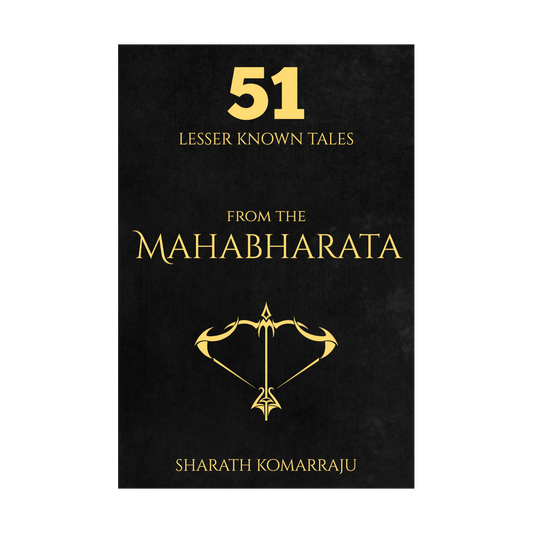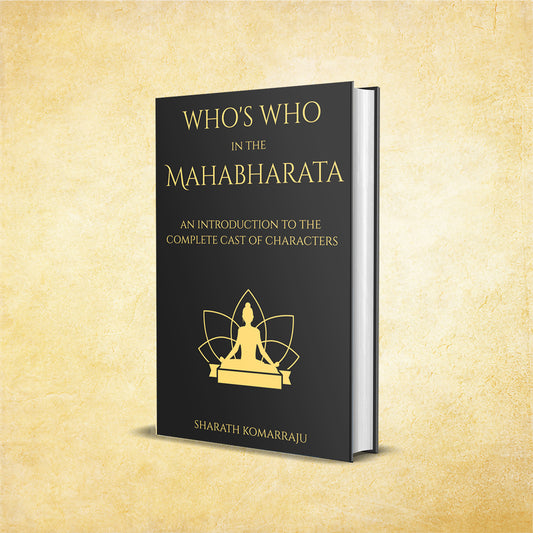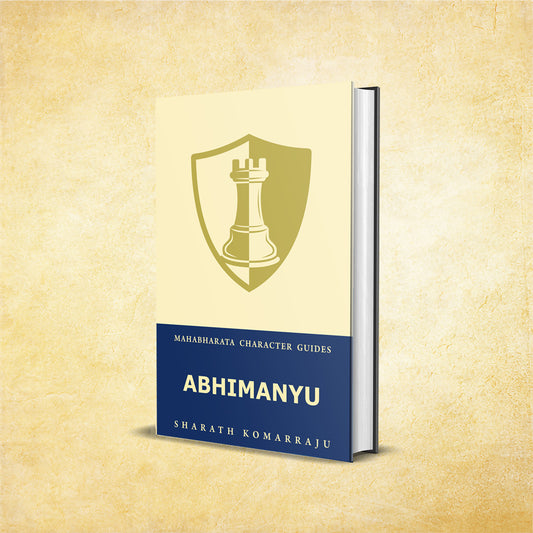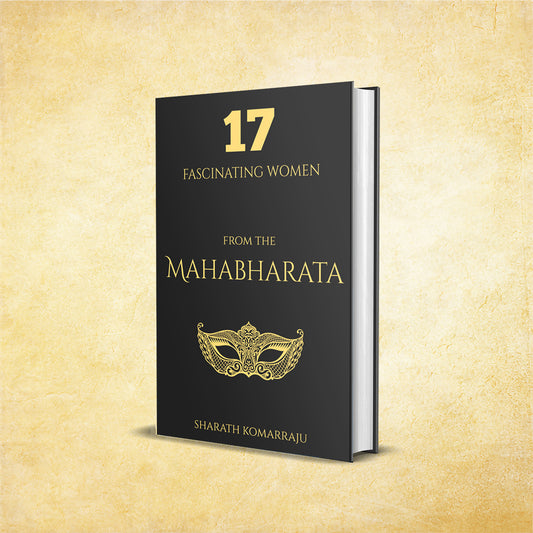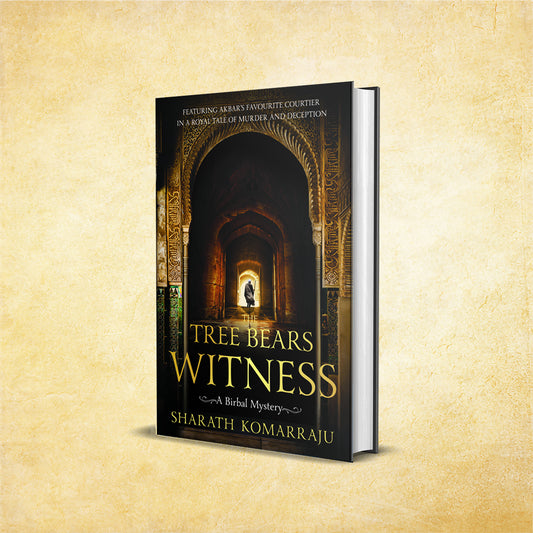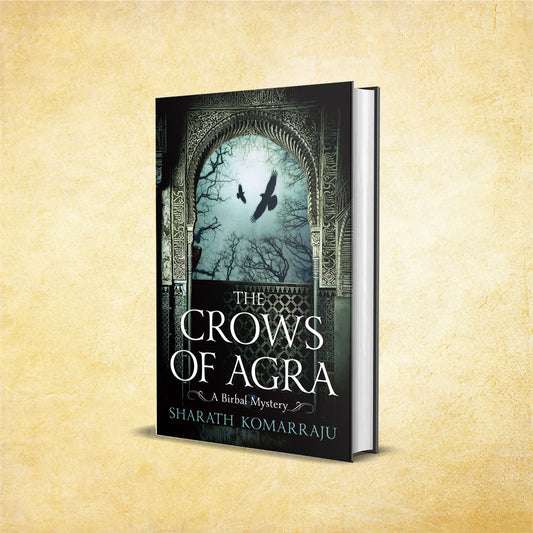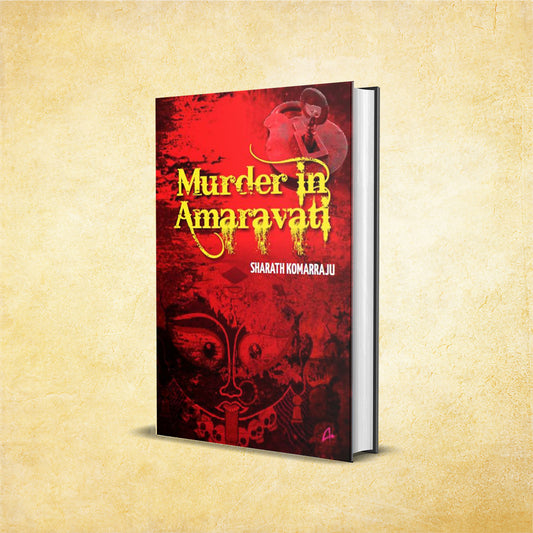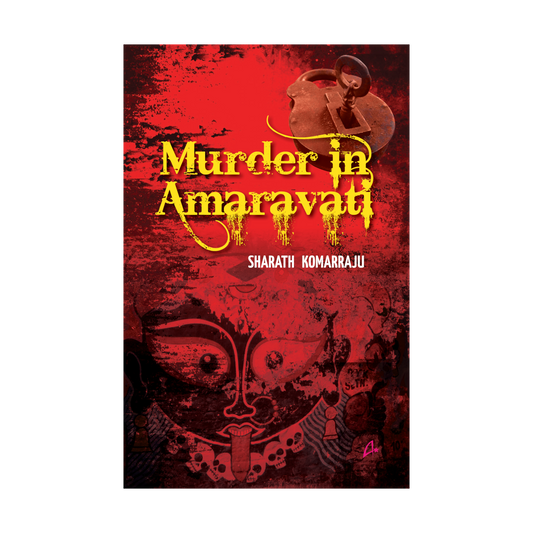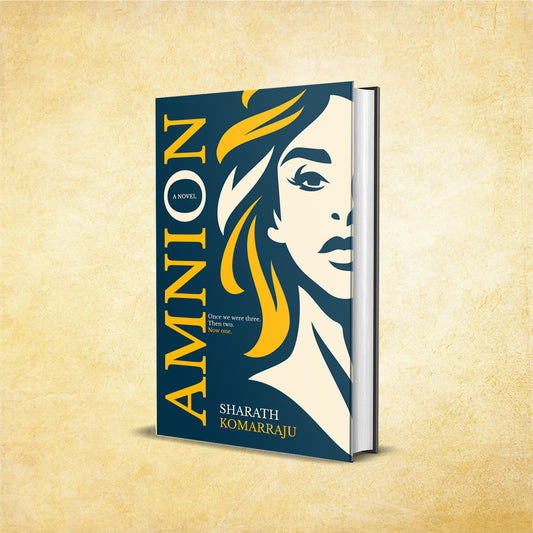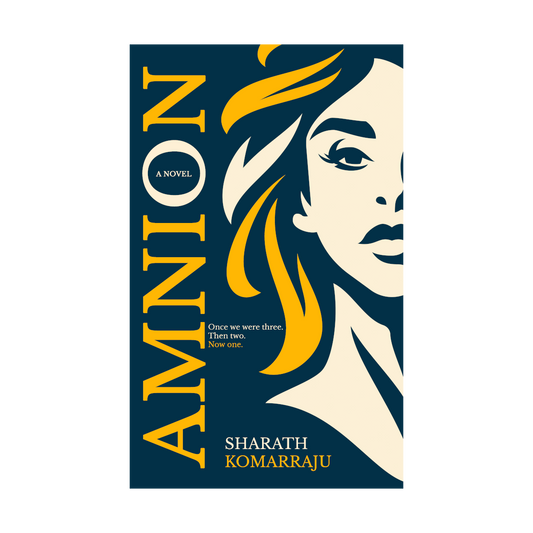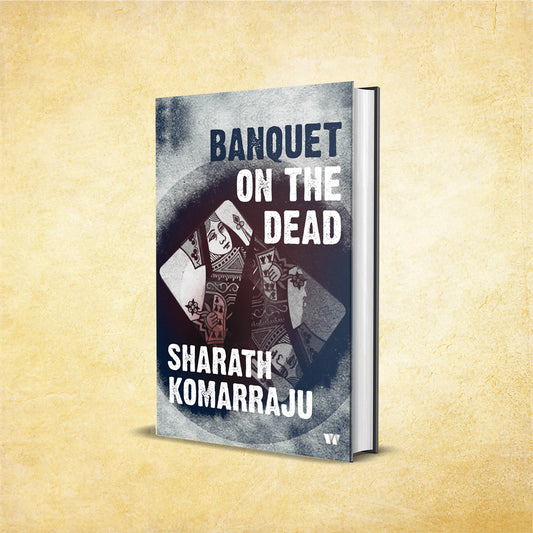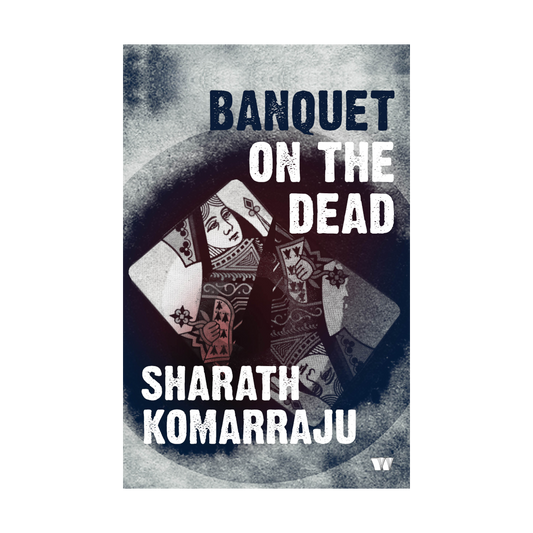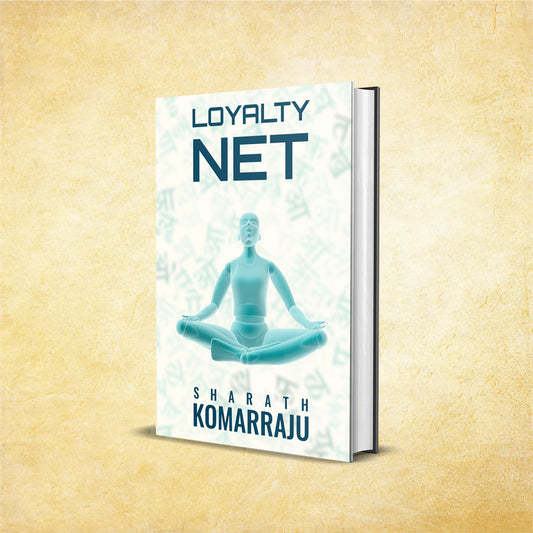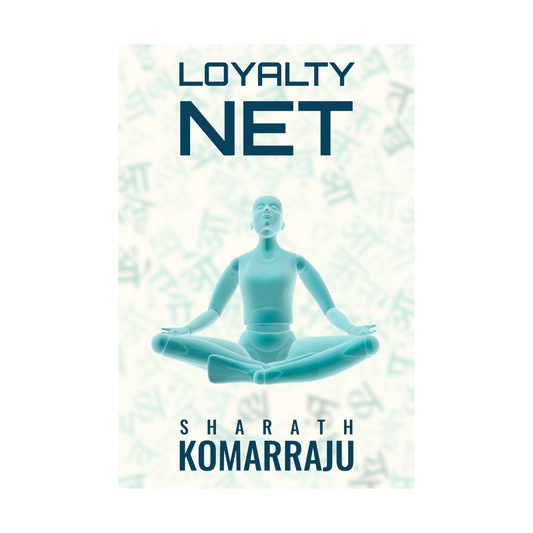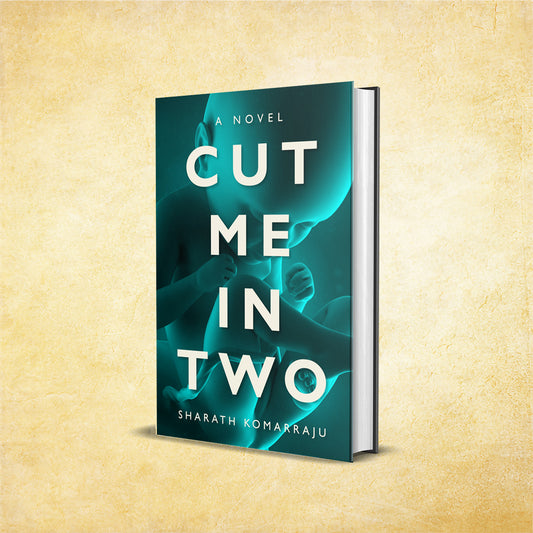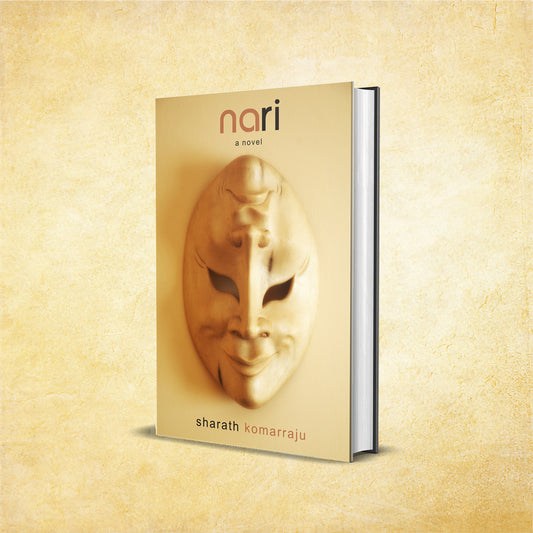The Mammoth Mahabharata Book Set Bundle - With 7 Bonuses!
Wisdom at its deepest, entertainments at its finest, Indian Culture at its best. 58 Books, 3000+ pages, more than 100 hours of reading material.
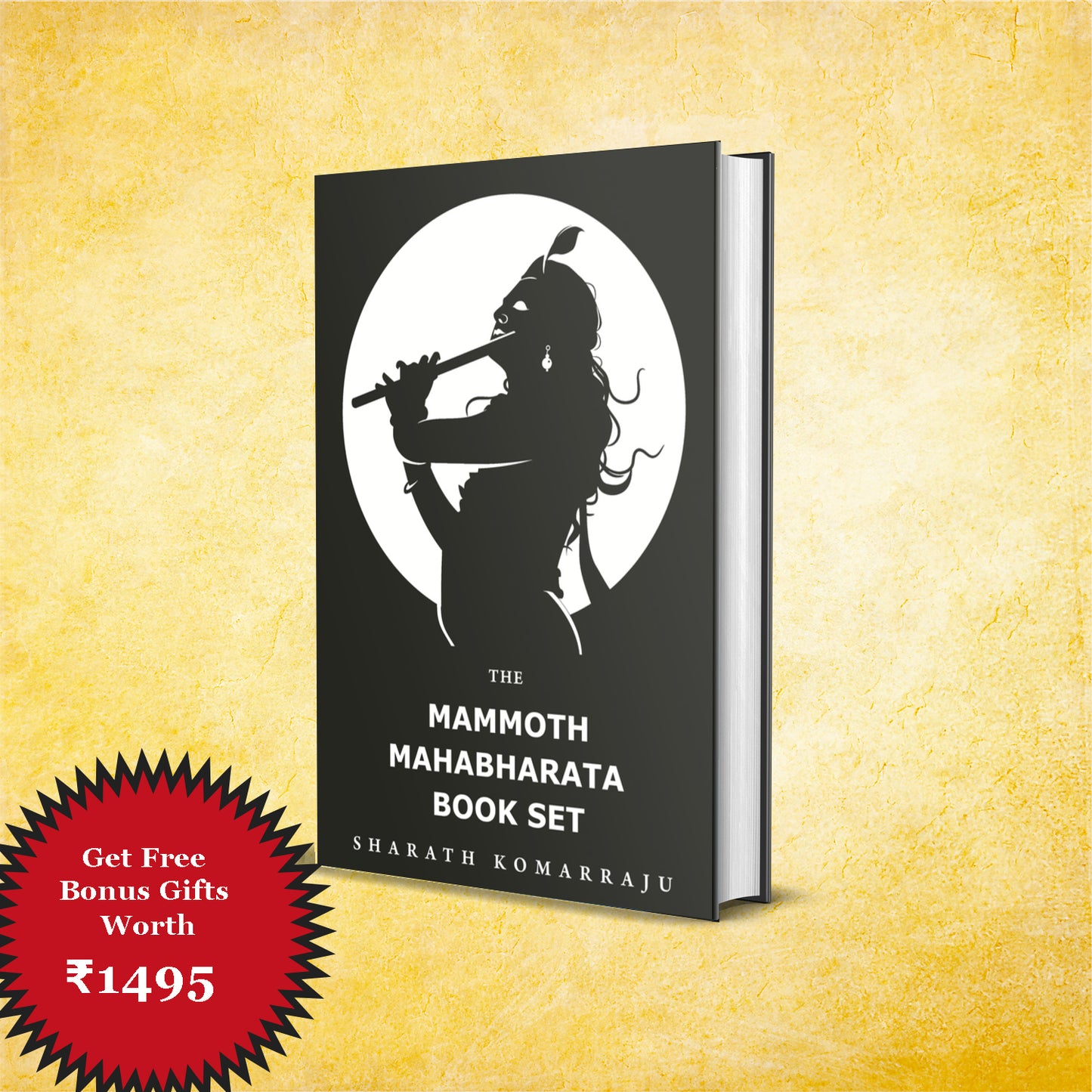


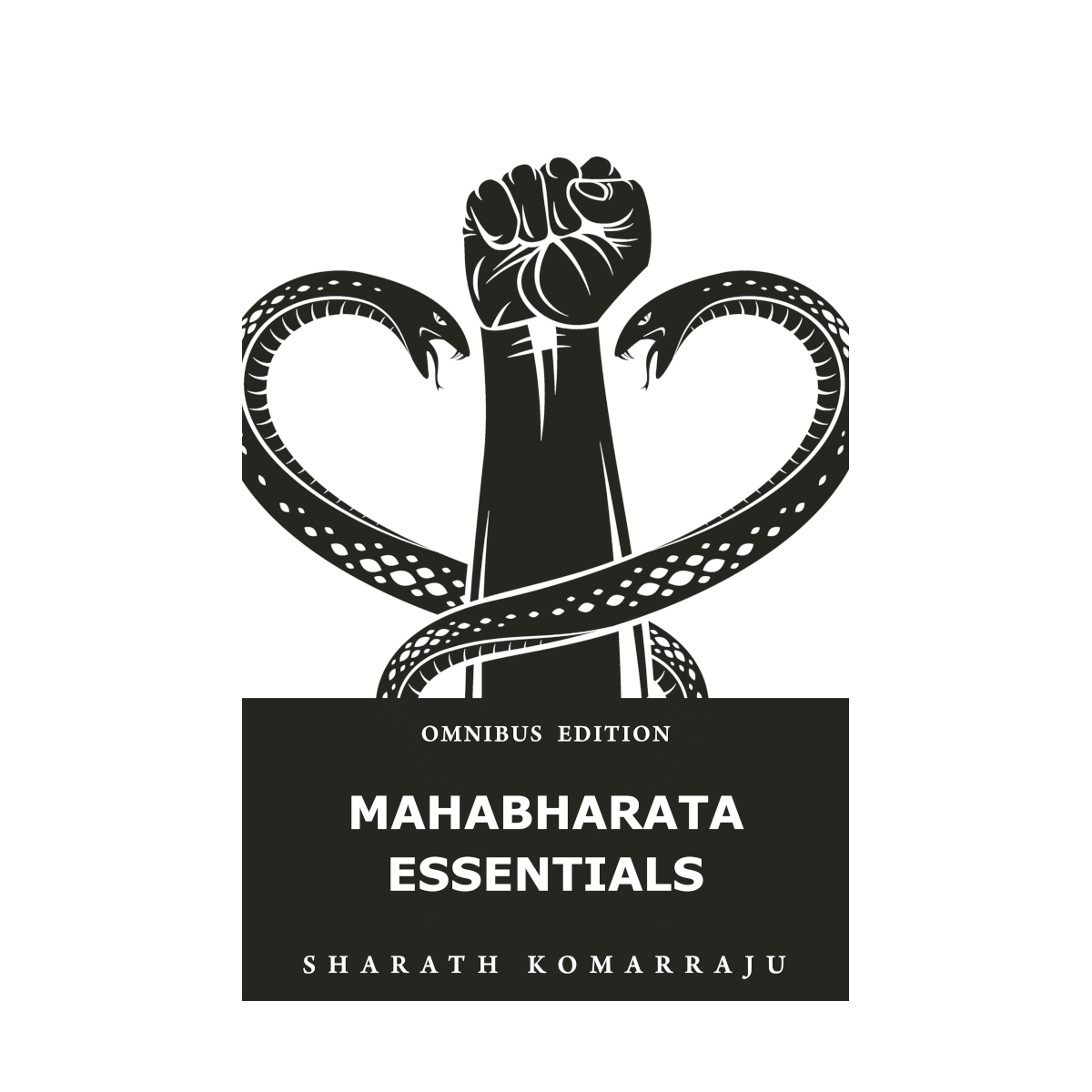
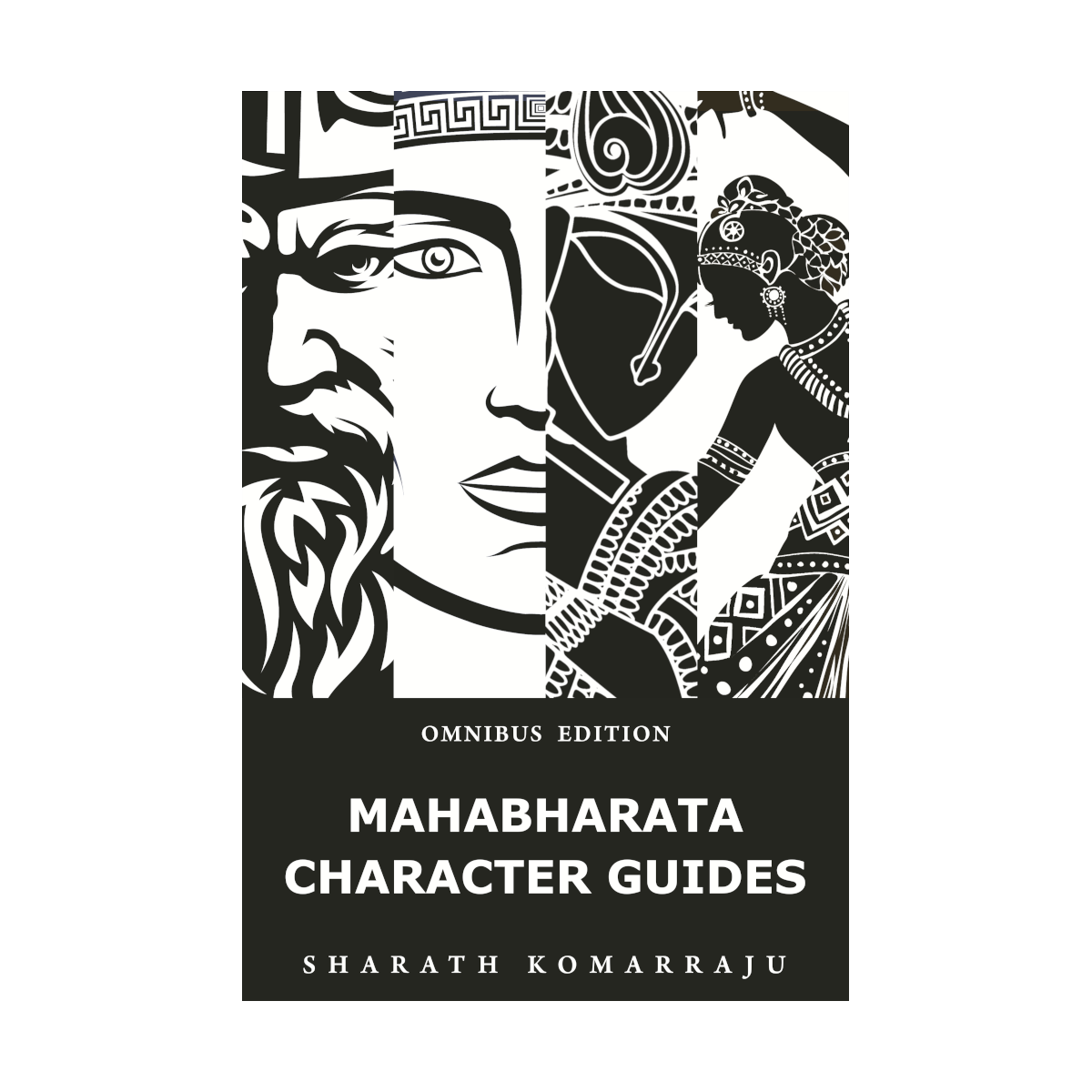



Let customers speak for us
from 259 reviews
While all three novels are exceptional, 'Nari' stands out with its hard-hitting language that some might find uncomfortable, but the topic of rape and sexual abuse requires such an unflinching approach to truly convey the weight of the subject matter. Equally impressive is the quiet foreshadowing and imagery of the painting in 'Amnion', which carries the story forward with subtle hints. Sharath''s writing is evocative, bringing to life not just the characters but the psychological landscapes they inhabit. Also appreciate the printable PDF facility, which is more useful than I thought at first glance.

I found myself completely captivated by Sharath Komarraju's Birbal mysteries, particularly "The Tree Bears Witness" which presented what appeared to be an impossible murder that despite having all the clues laid out before me, I was unable to guess the solution. While "The Crows of Agra" was more straightforward in its approach, it was equally enjoyable for its introduction of Birbal as a detective / character. Excellent value for money considering the quality of both mysteries.

"The Rise of Hastinapur" is my favorite of the trilogy, particularly in how Gandhari's story is portrayed with such compelling depth, laying crucial groundwork for future events in the Hastinapur universe. Amba's story arc is also begun with remarkable skill, and I find myself curious to see how Sharath takes it forward. The language in the books is evocative without being too flowery - if you know what I mean. Thoroughly enjoyed these books!

After discovering Sharath through his "51 Lesser Known Tales" book on Amazon, I immediately purchased the Mahabharata Essentials Bundle to complete my collection. "The Mahabharata War: A Summary" is absolutely worth the price of the bundle in its own right—the thorough analysis of battle strategies and moral dilemmas is second to none. I particularly appreciate how Sharath presents multiple angles on complex situations, allowing readers to form their own conclusions. The instant download feature meant I could begin reading immediately, and the multi-device compatibility offers great flexibility. Also - the printable PDF! I find myself printing out a few pages here and there just to read on paper. Literally covers all bases for a reader.

What truly distinguishes this collection is Sharath's logical approach to character dynamics, particularly evident in his treatment of the Bhima-Duryodhana relationship, which he examines with profound psychological insight and multiple interpretative frameworks. Though I typically prefer physical books for serious study, the printable PDF option has proven incredibly valuable, allowing me to annotate key passages. Very satisfied with this collection. Perfect companion for all the serious Mahabharata books out there.

The relationship between the river Krishna and the village Amaravati is described so beautifully that I felt as though I had actually visited this riverside village after reading the book. The way Sharath weaves the setting into the mystery, making the river almost a character itself as it flows alongside the village, was just lovely to read. Highly recommended!

I had never heard of Sharath Komarraju before, but the beautiful covers caught my eye, and I'm so glad I took a chance on these books. As someone who devours every book on the Mahabharata, I was particularly impressed by 'Queens of Hastinapur'. Sharath's writing style is at once evocative and easy; at times I felt transported to Hastinapur with its palaces and firelight. Delightful!

Sharath Komarraju's Mahabharata Reader Bundle offers a contemplative exploration of one of humanity's greatest epics, with the Karna Parva standing as the crown jewel. Spanning 3000+ pages across three comprehensive volumes, this bundle provides an exhaustive journey through all eighteen parvas. The printable PDF option has proven remarkably useful for selective printing and reading on paper. This is a comprehensive work worthy of praise. Well done!

As someone who has always been intimidated by the sheer magnitude of the Mahabharata, I found Sharath Komarraju's comprehensive 52-book collection to be the perfect entry point. The Mahabharata Character Guides Omnibus has been my favorite section, offering detailed explorations of the complex personalities present in the story. Sharath's writing style is contemplative and respectful, creating a conversational atmosphere. ery satisfied with how this collection has transformed my understanding.

"The Mahabharata Cheat Book" is my favourite of the bundle. The Character Cheat Sheets are particularly enlightening; this is a unique and creative way to provide information about various characters without it getting too wordy. The instant download feature meant I could begin my journey immediately, and the ability to read these books across all my devices ensures I'm never without access. Exceeded all my expectations!

As a devoted reader of mystery novels, I found Sharath Komarraju's "Murder in Amaravati" to be particularly evocative, especially in his meticulous portrayal of the Kali temple and the authentic description of Krishna Shastri's morning rituals in the opening chapter, which transported me completely into the riverside village. Having heard of Sharath Komarraju through his acclaimed Hastinapur Series but never actually reading his work before, this bundle at such a reasonable price point seemed like the perfect introduction. Very happy!

"The Rise of Hastinapur" stands out for me in this bundle, particularly in its portrayal of Gandhari's journey from deception to self-discovery, revealing layers of strength in a character often reduced to a vengeful stereotype. Interesting to see how modern financial jugglery has made it into a Vedic India story! Though I'd heard of Sharath Komarraju before and seen his books in bookstores, I'd never tried his work. As someone deeply fascinated by the Mahabharata, I found "The Hastinapur Bundle" to be a revelation.

I found myself completely immersed in Sharath Komarraju's mysteries featuring the legendary Birbal. What particularly impressed me was how he transformed a character I knew from childhood tales into a compelling detective. I particularly favored "The Tree Bears Witness" for its cleverness. Sharath's writing is evocative, drawing you into 16th century Mughal India with such skill that you can almost smell the incense in the emperor's court. Second to none in this genre!

"The Mahabharata War: A Summary" stands out as my absolute favorite—Sharath's precise analysis of battle strategies and ethical dilemmas made the central conflict crystal clear. Sharath Komarraju's conversational style feels like exploring these ancient tales alongside a knowledgeable friend. Whether you're introducing these timeless stories to children or deepening your own cultural understanding, this collection will serve your needs perfectly.

I spent over forty hours immersed in these profound 1,500+ pages, discovering profound wisdom in not only the well-known figures like Krishna and Arjuna but especially in the less celebrated characters like Dhritarashtra and Bhima. I'd never heard of Sharath Komarraju before purchasing this bundle, but the 30-day money-back guarantee gave me confidence to explore his work. Sharath's perfectly organized chapters make complex relationships easy to understand. Highly recommended!
Mahabharata Nonfiction
-
The Mammoth Mahabharata Book Set
Regular price ₹1,499.00Regular priceUnit price / per -
Mahabharata Essentials Bundle - Omnibus Edition
Regular price ₹297.00Regular priceUnit price / per₹594.00Sale price ₹297.00Sale -
Mahabharata Character Guides Bundle: Omnibus Edition
Regular price ₹699.00Regular priceUnit price / per₹1,400.00Sale price ₹699.00Sale -
The Mahabharata Cheat Book
Regular price ₹99.00Regular priceUnit price / per -
51 Lesser Known Tales from the Mahabharata
Regular price ₹99.00Regular priceUnit price / per -
Who is Who in the Mahabharata - A Complete Cast of Characters
Regular price ₹99.00Regular priceUnit price / per -
Abhimanyu: Your Complete Guide to the Mahabharata Hero
Regular price ₹79.00Regular priceUnit price / per -
17 Fascinating Women from the Mahabharata
Regular price ₹99.00Regular priceUnit price / per
Hastinapur Novels
-
The Rise of Hastinapur (Hastinapur, #2)
Regular price ₹249.00Regular priceUnit price / per -
The Winds of Hastinapur (Hastinapur, #1)
Regular price ₹249.00Regular priceUnit price / per -
The Queens of Hastinapur (Hastinapur, #3)
Regular price ₹249.00Regular priceUnit price / per -
The King of Mathura (Hastinapur, #5)
Regular price ₹249.00Regular priceUnit price / per -
The Song of Vrindavan (Hastinapur, #4)
Regular price ₹249.00Regular priceUnit price / per -
The Birth of Dwaraka (Hastinapur, #6)
Regular price ₹249.00Regular priceUnit price / per
Birbal Novels
-
The Tree Bears Witness (Birbal, #2)
Regular price ₹249.00Regular priceUnit price / per -
The Crows of Agra (Birbal, #1)
Regular price ₹249.00Regular priceUnit price / per
Standalone Novels
-
Murder in Amaravati
Regular price ₹249.00Regular priceUnit price / per -
Amnion: A Novel
Regular price ₹249.00Regular priceUnit price / per -
Banquet on the Dead
Regular price ₹249.00Regular priceUnit price / per -
Loyalty Net
Regular price ₹249.00Regular priceUnit price / per -
Cut Me in Two
Regular price ₹249.00Regular priceUnit price / per -
Nari: A Novel
Regular price ₹249.00Regular priceUnit price / per -
The Puppeteers of Palem
Regular price ₹249.00Regular priceUnit price / per -
Eternity Begins
Regular price ₹249.00Regular priceUnit price / per
